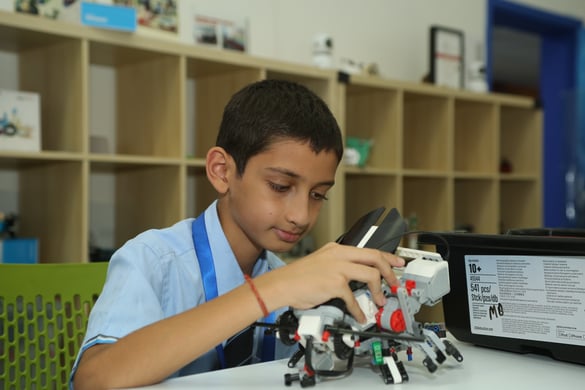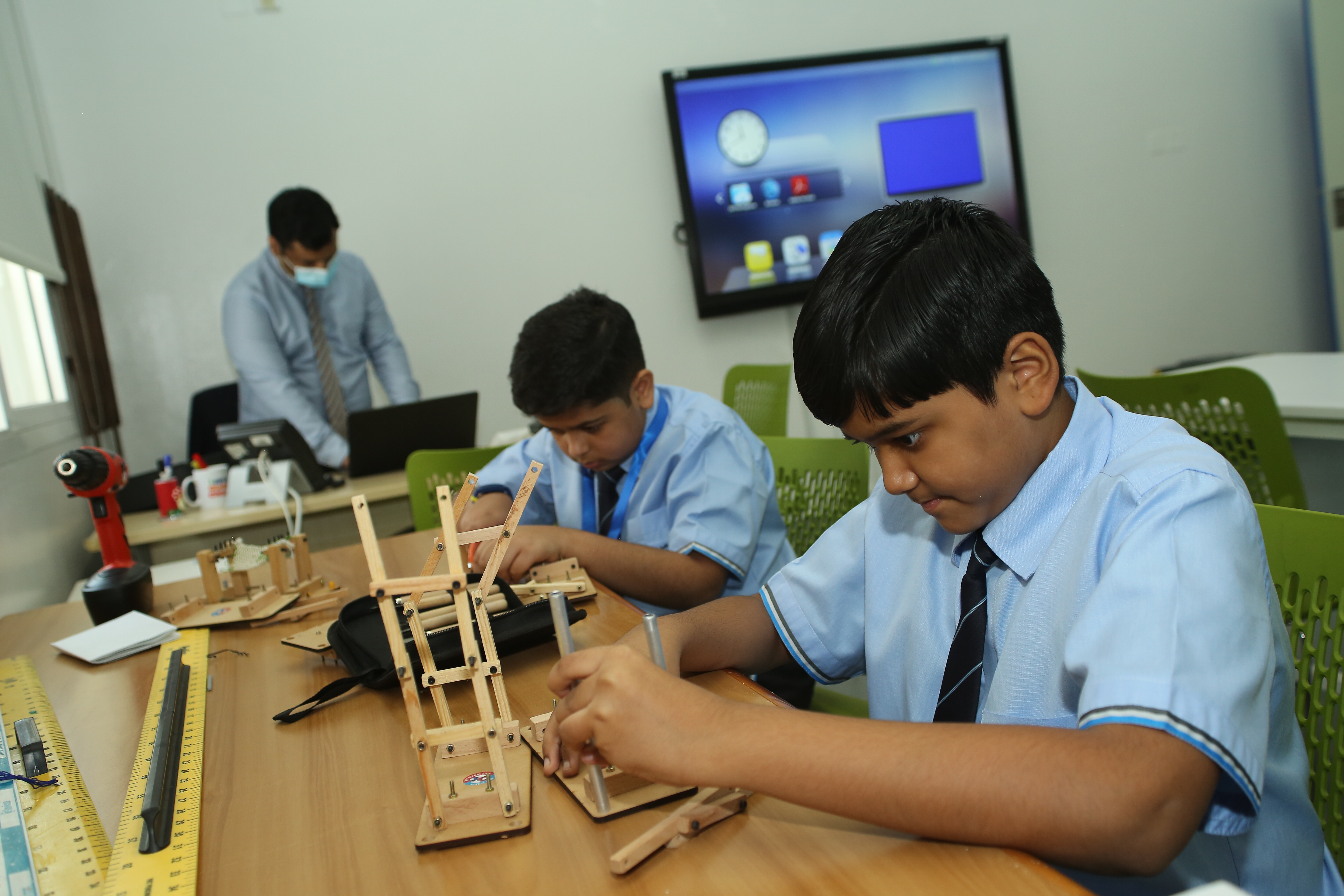It's no more a secret that curiosity makes learning more effective and enjoyable. According to neurological study, curiosity makes our brains more receptive to learning. Curious students not only ask questions, but also actively seek out answers. According to Albert Einstein "The important thing is not to stop questioning. Curiosity has its own reason. Without curiosity, Sir Isaac Newton would have never formulated the laws of physics, Alexander Fleming probably wouldn't have discovered penicillin, and Marie Curie's pioneering research on radioactivity may not exist. But why is curiosity so important? Curiosity brings excitement into life: The lives of curious people are far from boring. They are neither dull nor routine. There are always new things that attract the curious person’s attention, there are always new ‘toys’ to play with. Instead of being bored, curious people have an adventurous life.
Curiosity keeps the mind active: People always ask questions and search for answers. Their minds are always active. Since the mind is like a muscle which becomes stronger through continual exercise, the mental exercise caused by curiosity makes your mind stronger. Curiosity brings in new ideas and opens up new opportunities:When you are curious about something, your mind expects and anticipates new ideas related to the subject. When the ideas come you will recognize them. Without curiosity, the ideas may pass right in front of you and yet you miss them because your mind is not prepared to recognize them. Just think, how many great ideas may have been lost due to lack of curiosity? By being curious you will be able to see new worlds and possibilities that are normally not visible. They are hidden behind the surface of normal life, and it takes a curious mind to look beneath the surface and discover these new worlds and possibilities.

How to encourage Curiosity ? When rightly valued and utilized, curiosity and attention can be made valuable agents in education. Curiosity and attention are important in teaching and learning. Education is facilitated by the fact that the child is endowed with certain social drives and tendencies that can be utilized in learning situations. Following are a few methods to encourage Curiosity. Go Sightseeing - Travelling is one exciting way to expose your child to new worlds, culture, and experiences. Once in a while, set down the internet and books, plan a trip for the whole family and let your child see firsthand the manners and patterns of cultures vastly different from the one she is used to. Answer Questions - Challenging as it is to find answers to a constant stream of questions from your children, answering their one million and one questions is a great way to encourage their curiosity. However, answers such as “That’s the way it is” or its other variants can be counterproductive. For one, it further leaves the kids more confused than before they asked the question. For another, your children will be hesitant to be curious about their environment since you obviously don’t know the answers. In essence, always give a simple answer. And if you don’t have an answer, the best way out is – admitting it. This gesture alone presents an opportunity for both of you to figure the answers yourselves. Ask them Open-Ended Questions Another way to stimulate children’s curiosity is by asking them open-ended questions. For instance, when your kid gets back from school, instead of asking, “Did you have fun in school today?” ask “What did you do at school today?” The first question merely requires a “yes” or “no” answer which can be given without a second thought. The second question requires your child to actually stop, think about what happened in school, and recount it to you. This simple exercise is a sure method of encouraging kids to exercise their thinking skills, which will be a great asset to them as adults.

It also reveals your child’s thought process to you and makes them see how genuinely you care for them. Introducing them to Books, making reading a part of your children’s nature is another method of nurturing their curiosity. Books are an inexhaustible resource that can captivate the interest of your children and nurture their creative imaginations. Plan a fun day trip with your kids to your local library or bookstore and allow them to pick whatever books they fancy. Studies show that exposure to books at an early age boosts the numeracy and literacy skills in children. Be Curious yourself - You are your kids’ greatest role model. While they are still young, impressionable, and think you are the coolest person in the world, seize the opportunity to behave in a way that promotes the idea of curiosity. You can do this by turning the most mundane household chores into one filled with learning for both of you. For instance, while stocking the dishwasher after a meal, you could say to your child, “I wonder how this washer keeps the dishes clean?” or “Where do you think the water in the dishwasher comes from?” Don’t answer the questions directly if your child shoots it back at you. Instead, both of you should brainstorm on possible answers for the scenarios given.
Apart from being fun, it creates a healthy parent-child bond. Curiosity is one trait that should be relentlessly nurtured in students. The more inquisitive a child gets, the more they are willing to learn, discover, and explore. As long as you keep the fire of curiosity alive in them, you can be sure that they will turn out to be lifelong learners who are brave enough to take the paths less trodden.





